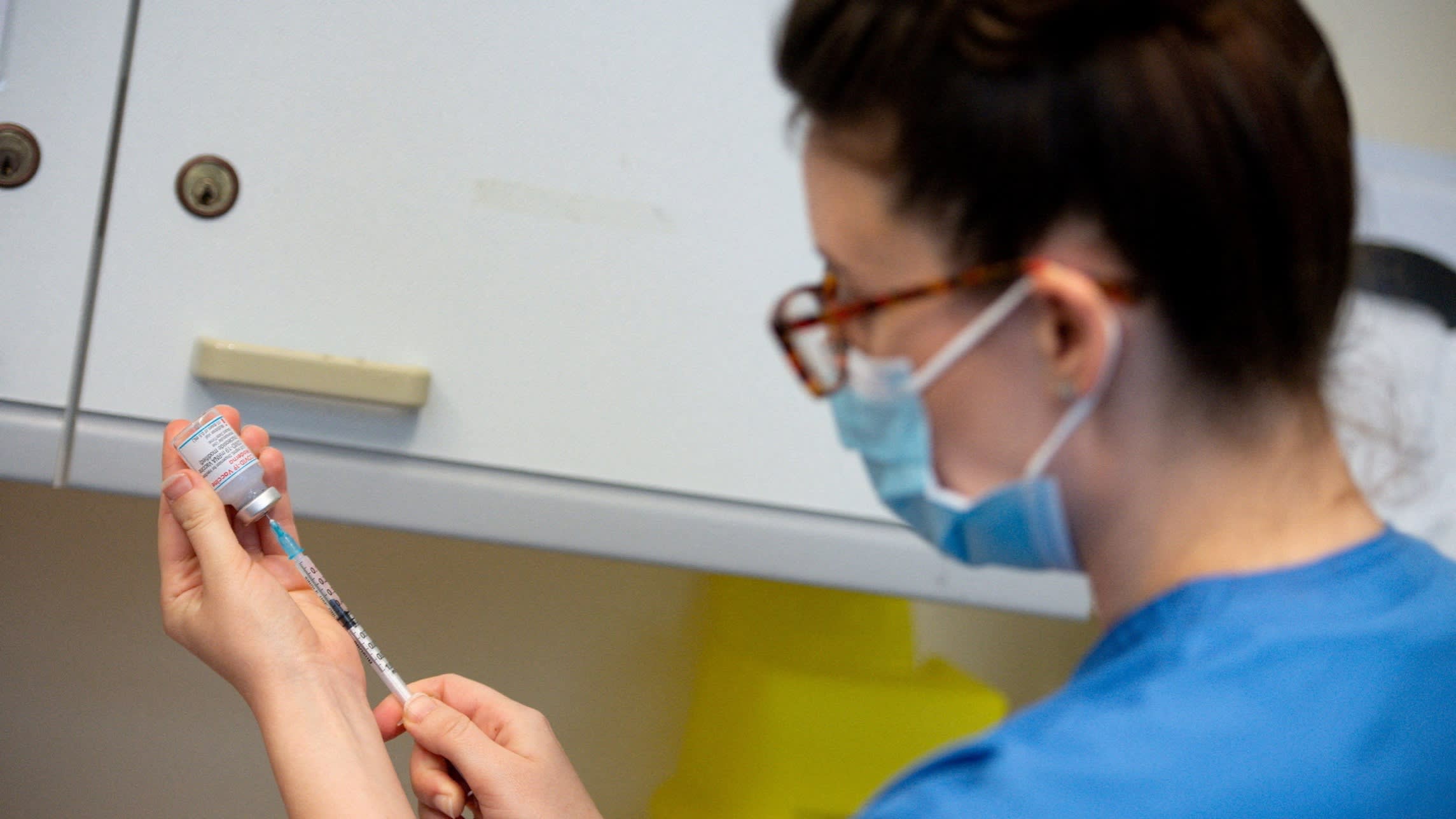Moderna tries to show it’s not a ‘one trick pony’
Moderna’s Covid-19 vaccine saved millions of lives and made the biotech group one of America’s fastest-growing companies. But a plunge in sales of the jab due to the easing of the pandemic could push Moderna back into the red this year, as it races to prove it is not a “one-trick pony” with a single product.
The US drugmaker is funding an ambitious expansion with the windfall profits generated by its successful Spikevax Covid jab, which is, at present, its only approved product.

He says Moderna faces logistical challenges in ramping up commercial operations to compete against more established companies. And there is no guarantee of a rebound in the Covid vaccine market in 2024, as predicted by Moderna and Pfizer, which have both announced plans for price increases, notes Foroohar.

Mid-stage trial results for the therapy, which uses mRNA to deliver a vaccine that teaches the body’s immune system to target cancer tumours, has shown promise.
In a trial of 157 people who had surgery to treat melanoma, 79 per cent of people receiving both treatments were cancer-free 18 months later, compared with 62 per cent of those who got only Keytruda.
“This could be a revolution in cancer therapy — that is, as dramatic as what was achieved with the immuno-oncology space over the last decade,” claims Hoge. He says Moderna will start a phase 3 study this year.
Analysts are positive about the potential for Moderna’s cancer vaccines, which have received breakthrough therapy designation from the FDA — a process that seeks to speed up the development and approval process for a drug. But most agree it will take several years to prove these results can be replicated in a late stage trial and gain regulatory approval for such a novel therapy.
Tim Anderson, analyst at Wolfe Research, says expectations were high when the data was presented this month at a major cancer conference in Florida but notes there has been a long history of failure of cancer vaccines in the past. “Accordingly, many stakeholders remain ‘cautiously optimistic,’ at best, about the opportunity set here, whether in [melanoma] or other tumour types.”
This story originally appeared on: Financial Times - Author:Jamie Smyth




























